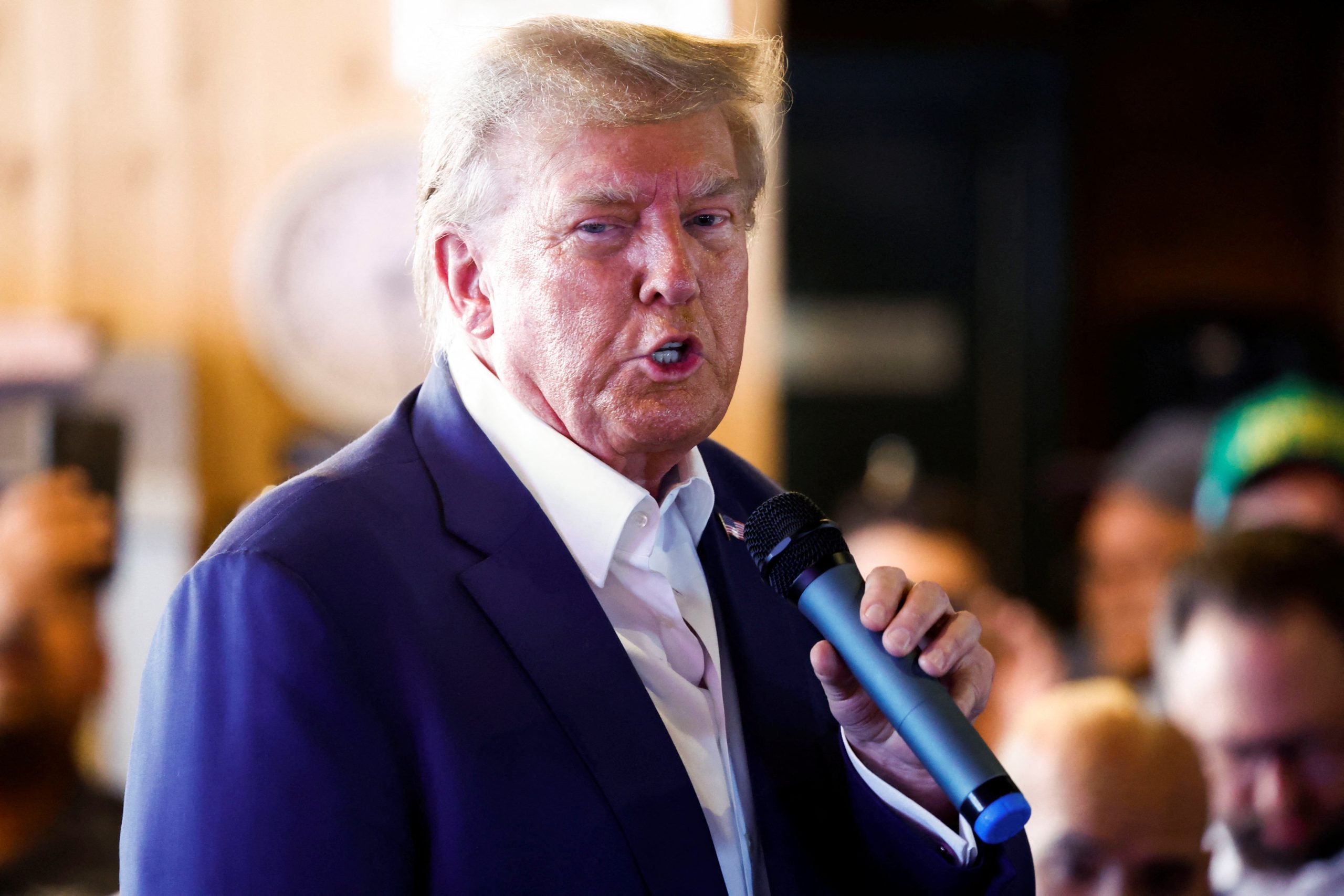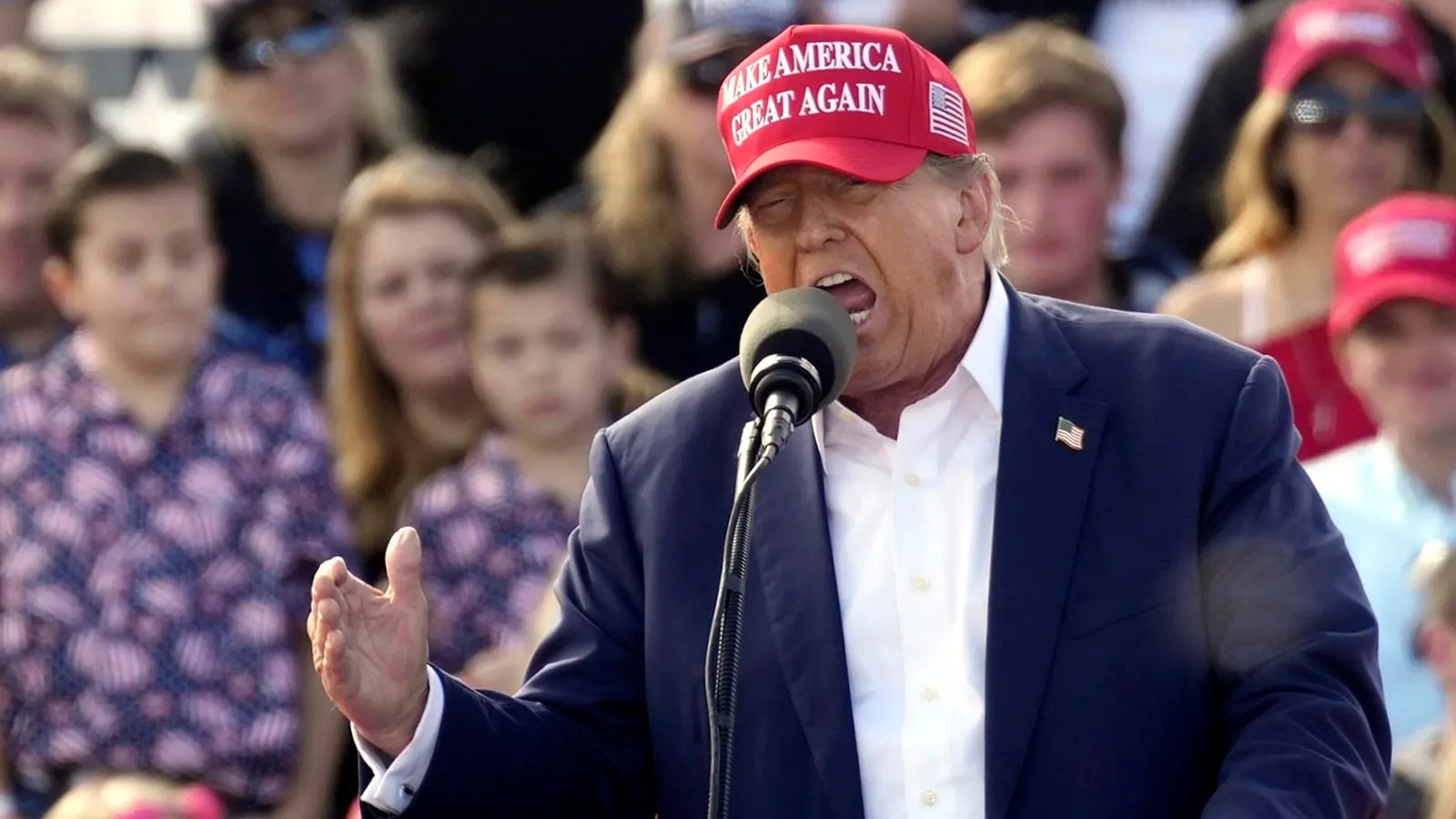Former President Donald Trump recently joined a chorus of Republican lawmakers in critiquing President Biden and the Democrats’ approach to Israel amid the ongoing conflict with Hamas.
Trump asserted that Democratic leadership is detrimental to the interests of the Jewish state, stating, “They’re very bad for Israel. The Democrats are very bad for Israel.” He emphasized that if President Biden had been supportive of Israel, they wouldn’t have faced the attack on Oct. 7.

President Biden, initially known for his strong support of Israel, has seemingly shifted his stance on the conflict. During a State of the Union event, Biden was overheard mentioning a “come to Jesus moment” with Israeli Prime Minister Netanyahu, implying a need for reevaluation in light of civilian casualties.
Expressing concern over Netanyahu’s handling of the situation, Biden remarked, “He’s hurting Israel more than helping Israel.” This sentiment aligns with calls from various Democrats, particularly progressives, for an immediate ceasefire.
Senate Majority Leader Chuck Schumer also weighed in, suggesting that Israel needs a new prime minister to pursue a two-state solution and accusing Netanyahu of prioritizing political survival over Israel’s best interests.
Trump criticized Schumer’s stance, accusing him of abandoning Israel for political gain. He emphasized the loss of lives in Israel during the conflict and suggested that Schumer’s shift in position was influenced by political considerations rather than genuine concern for Israel’s well-being.

Biden, when asked about Schumer’s remarks, refrained from elaborating but acknowledged the senator’s expressed concerns, indicating that they resonated with many Americans.
Trump further argued that if Biden had been supportive of Israel, initiatives like the Iran nuclear deal would not have been pursued, and Israel would not have been vulnerable to attacks.
The exchange highlights ongoing tensions within U.S. politics regarding the Israeli-Palestinian conflict and underscores the differing approaches between the Republican and Democratic parties.
